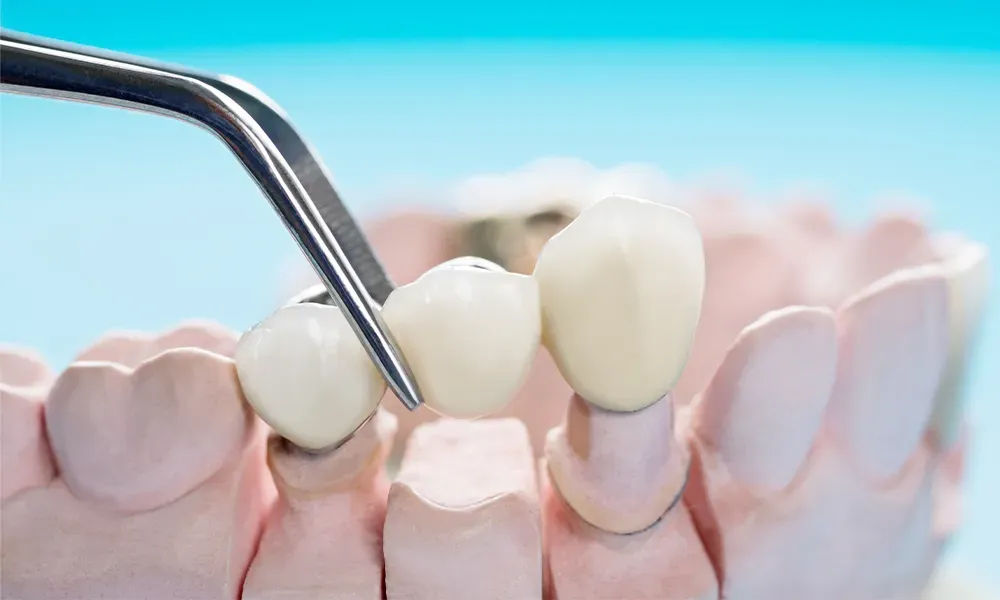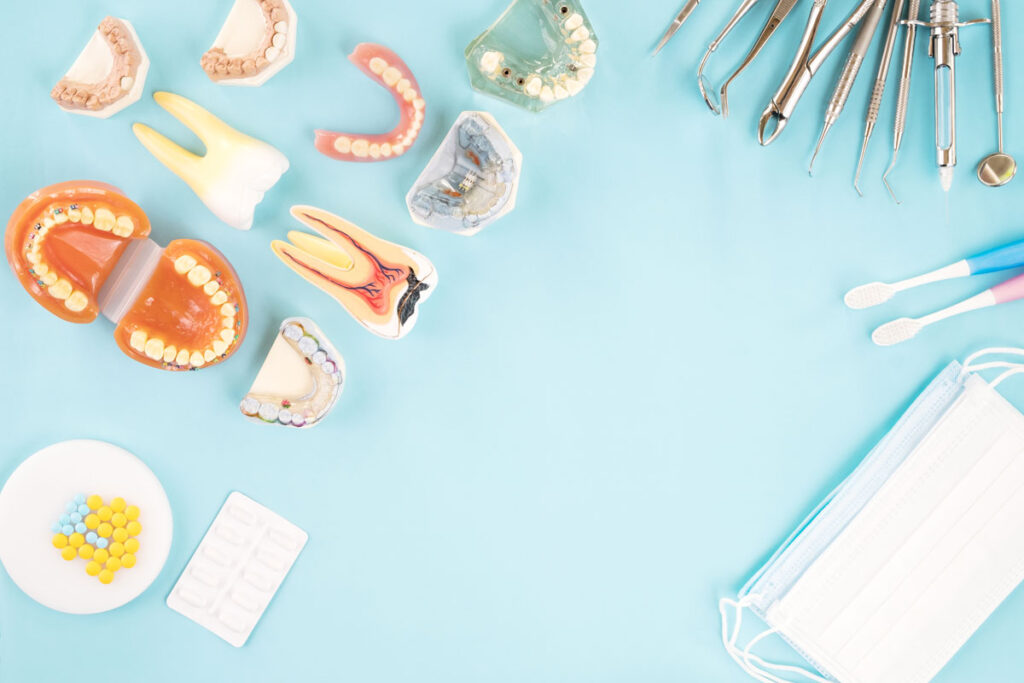
Prosthodontics is a dental specialty focused on the restoration and replacement of missing teeth and associated oral structures. It involves the diagnosis, treatment planning, and fabrication of artificial teeth, dental prostheses, and other oral appliances. Prosthodontists are highly skilled dental professionals who specialize in the restoration and enhancement of oral function, comfort, and aesthetics.
Here are some key aspects of prosthodontics:
Tooth Replacement: Prosthodontists specialize in replacing missing teeth with various prosthetic options. This can include dental implants, dentures, fixed dental bridges, or implant-supported dentures. They consider factors such as the patient’s oral health, aesthetics, and functional requirements when choosing the appropriate treatment option.
Dental Implants: Prosthodontists are extensively trained in dental implantology. Dental implants are artificial tooth roots that are surgically placed into the jawbone, providing a stable foundation for dental restorations. Prosthodontists work closely with oral surgeons or periodontists to plan and restore dental implants, ensuring optimal function and aesthetics.
Dental Crowns and Bridges: Prosthodontists design and fabricate dental crowns and bridges to restore damaged or missing teeth. Crowns are tooth-shaped caps that are placed over a tooth to restore its shape, size, strength, and appearance. Bridges are fixed restorations used to replace one or more missing teeth by anchoring to adjacent teeth.
Dentures: Prosthodontists specialize in creating full and partial dentures to replace multiple missing teeth. Dentures are removable oral appliances that are custom-made to fit the patient’s mouth. They improve chewing ability, speech, and facial aesthetics for individuals with significant tooth loss.
Temporomandibular Joint Disorders (TMD): Prosthodontists also diagnose and treat temporomandibular joint disorders, which affect the jaw joint and surrounding structures. They may provide occlusal splints or other oral appliances to alleviate symptoms such as jaw pain, clicking, or difficulty in opening and closing the mouth.
Cosmetic Dentistry: Prosthodontists are skilled in cosmetic dentistry procedures aimed at enhancing the appearance of teeth and smiles. They can perform treatments like teeth whitening, veneers, and dental bonding to improve the aesthetics of damaged, discolored, or misaligned teeth.
If you require specialized dental care related to missing teeth, complex dental restorations, or improving your smile’s aesthetics, consulting a prosthodontist would be beneficial. They have the expertise and knowledge to provide comprehensive treatment plans tailored to your specific needs.


